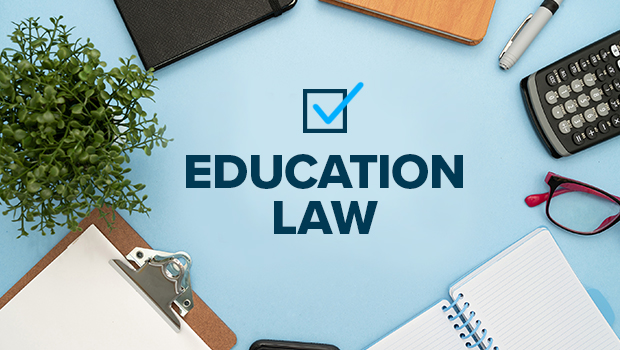For teachers encountering disruptive student behavior, wishing to express concerns or recommendations in a planning and placement team (PPT) meeting, or both, laws enacted in Connecticut in recent years provide additional avenues of support and protection.
The most recent of these laws, Public Act 22-47, establishes specific protocol for any teacher who wishes to request a behavior intervention meeting.
This law provides that a teacher may request a behavior intervention meeting with the school’s crisis intervention team for a student whose behavior has caused any of the following:
• A serious disruption to the instruction of other students
• Self-harm
• Physical harm to the teacher or another student or staff member in the teacher’s classroom
“Once the teacher’s request is made, the crisis intervention team must convene a behavior intervention meeting regarding the student, and the participants in this meeting must identify resources and supports to address the student’s social, emotional, and instructional needs,” says CEA special education specialist Robyn-Kaplan Cho, who conducts CEA member training on these and related issues.
“It’s important that all teachers and crisis intervention team members are made aware that these requests may occur and that they are informed of the law’s requirements,” she adds.
Another relevant law, Public Act 21-95, requires that every school’s safe school climate committee include at least one teacher appointed by the teachers’ union. These committees are responsible for developing and fostering a safe school climate and addressing issues related to bullying in the school. If a teacher encounters an ongoing issue with classroom behavior that is jeopardizing the safety of students or staff, says Kaplan-Cho, that teacher should consider referring the issue to the building’s safe school climate committee.
Finally, a law passed in 2019 ensures that members of a PPT are free to express their concerns and opinions without fear of retaliation. Public Act 19-184 states that no local or regional board of education shall discipline, suspend, terminate, or otherwise punish any member of a planning and placement team who discusses or makes recommendations concerning the provision of special education and related services for a child during a planning and placement team meeting for that child. The intent is to encourage staff to speak honestly and openly at PPT meetings so that a thorough and robust discussion of the student can occur.
For more information on your rights and responsibilities in the special education process, as well as responding to aggressive student behavior, visit cea.org/special-education/.







